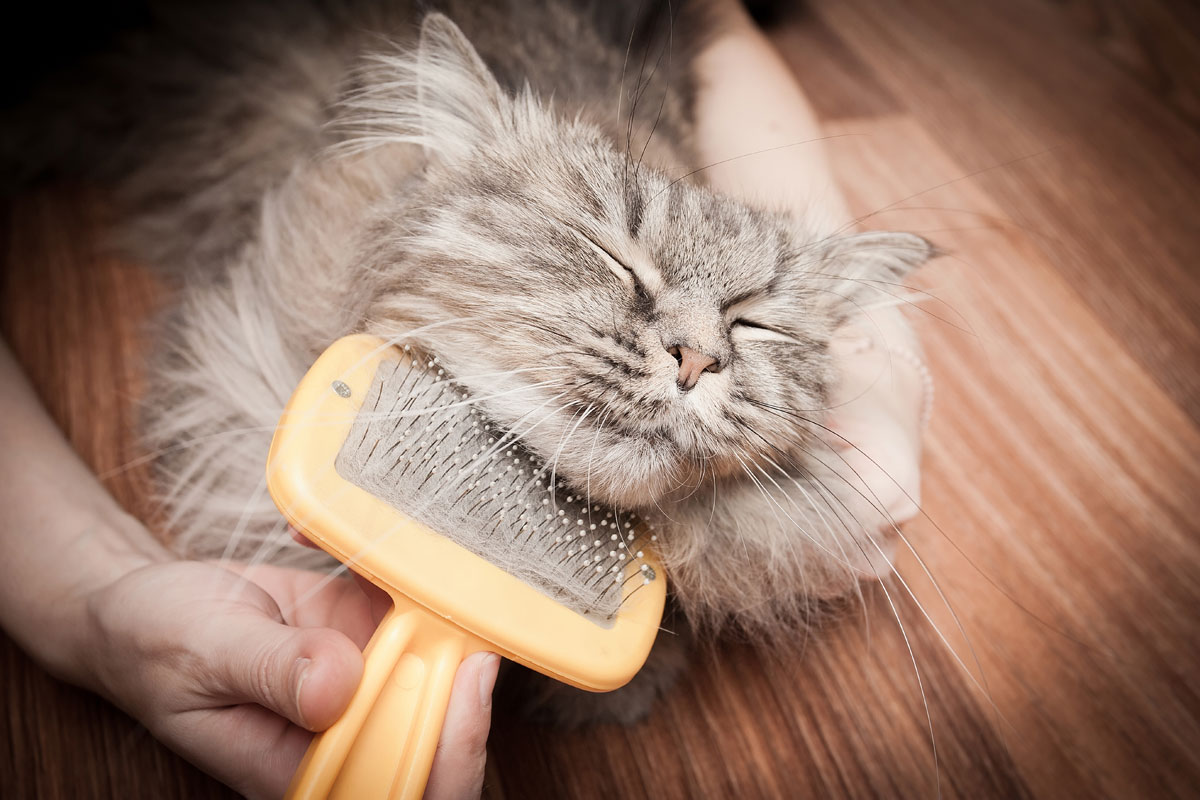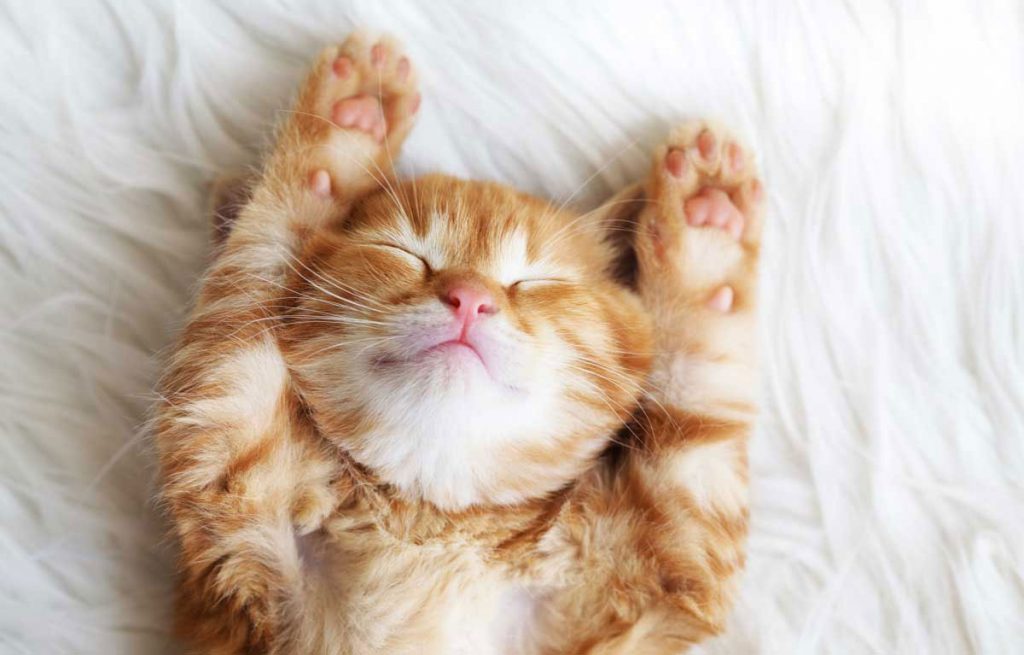Cat Health, Natural Pet Health
Hairball Awareness – There’s A Day For That!
The last Friday of every April is National Hairball Awareness Day! It may not be as romantic as Valentine’s Day, nor as much fun as Thanksgiving, but National Hairball Awareness Day serves as a reminder to us cat owners to learn a bit more about hairballs (also known as furballs) and evaluate the health of our cats.
What is a furball?
A furball is largely what it says on the tin – a clump of hair (more tube shaped though than ball shaped) that passes down the oesophagus and collects in the stomach of a cat or similar animal that grooms itself, as a result of the animal licking its coat. And the results can be rather unpleasant…as it can be regurgitated after extensive hacking and coughing in an elongated stream of bile to land on your floor.
However, furballs are not only unpleasant, they can be a dangerous and even life-threatening health problem as they can cause intestinal blockages. Consequently, they are something that every pet parent should be aware of and take the necessary steps to manage the issue in the best way possible.
What causes hairballs/ furballs?
Your cat ingesting hair whilst grooming is perfectly common. This hair most often travels through the entire digestive system and is expelled into the litter box, or out in the garden if your cat is an outdoor pooper. However, if the hair remains in the stomach then it stays there getting bigger and bigger, forming a hairball. And if this wad of hair is stuck in the stomach, it will eventually trigger regurgitation. The amount of hair a typical cat swallows while grooming tends to vary, but cats with some skin conditions, flea allergies or food allergies might feel the need to groom themselves more often and may ingest more of their own hair. Similarly, cats who are older and long-haired might be more prone to hairballs. As cats age they tend to groom themselves more, which means that the incidents of furballs are going to increase. Similarly, older cats are more susceptible to stress – another trigger for licking – thereby further increasing the threat of furballs for your older feline and with that the risks to your cat’s health.
What to do about furballs
While prevention is not currently possible, a good maintenance program is possible. Regular grooming of your pet is one way to help reduce the chances of your cat coughing up a furball. It can also serve a secondary purpose of making your cat seriously happy! Simply pick a soft, bristled brush or a cat grooming mitt and let the purring begin.

Our new Feline Furball Formula is another great option to help excess fur pass through your own puss in boots naturally. These liquid drops promote a healthy digestive and grooming process and can aid with signs of furball such as hacking, retching, gagging, vomiting and loss of appetite.




